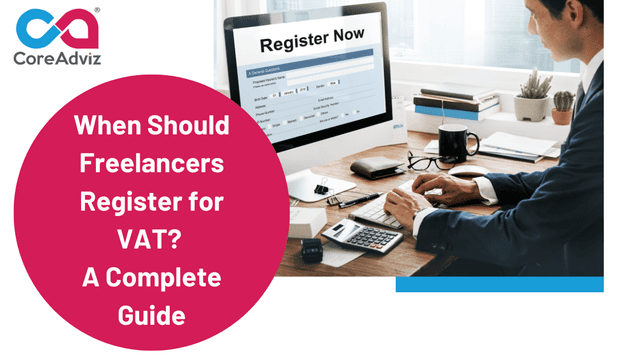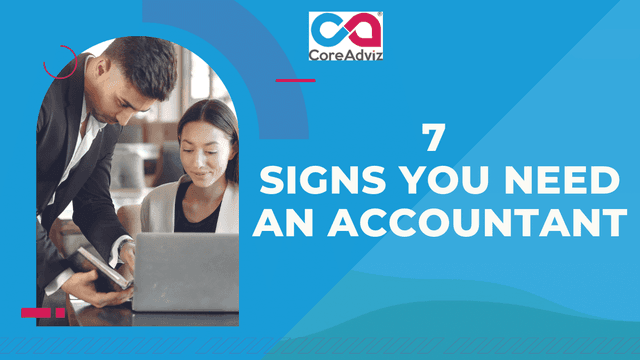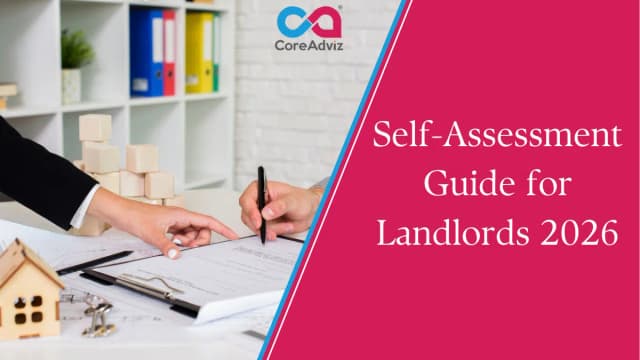
HomeBlog Landlord Tax Guide: Avoid Penalties & Reduce Liability
Landlord Tax Guide: Avoid Penalties & Reduce Liability
Kausik MukherjeeIncome Tax, landlord
Being a landlord you have numerous responsibilities and managing your tax obligations is one of the most important things. Whether it is letting a single property or managing a portfolio, you have to file your tax return on time. That’s why we’ve put together a step-by-step guide on what you need to know to stay compliant and cut your tax bill:
Understanding Your Tax Obligations
You must report your lettings income to HMRC as a landlord if you are one, via a Self-Assessment tax return. This may apply to you whether you’re letting out a buy-to-let property, a room in your home, or operate a holiday let.
The key principle is simple: rental income is taxable, but you can deduct allowable expenses to reduce your liability.
When Must You Register?
You need to sign up for Self-Assessment if your total rental income is £1,000 or more before you deduct any allowable expenses, or if you are a higher-rate taxpayer with any rental income. Even if you get less than £1,000, it may be advisable to register in order to claim tax relief if you have made a loss or have substantial expenses.
If you receive rental income, you should register with HMRC at the earliest opportunity. The formal deadline for registration is 5th October following the end of the tax year in which you first received rental income. Penalties will apply if this deadline is missed.
What Counts as Rental Income?
Rental income is not just the monthly rent you receive. You must also declare:
- Rent paid by tenants on a regular basis
- Advance payments or rent deposits you retain
- Income from lodgers (unless covered by Rent a Room relief)
- Payment for services like cleaning or gardening
- Fees for the grant of a lease
- Any deposits that are non-refundable
Allowable Expenses: Reducing Your Tax Bill
Major advantages for landlords include being able to deduct allowable, legitimate business expenses against rental income. Common allowable expenses include:
Property repairs and maintenance: Standard repairs, which include things like boilers, replacing broken windows, and repainting, are fully allowable. However, any improvements that enhance the value of the property, such as extensions or loft conversions, are not.
Letting agent and management fees: The full amount paid to letting agents or a property management company is deductible.
Insurance: The premiums on landlord insurance, building insurance, and contents insurance are all deductible.
Utility bills: If you pay for gas, electricity, water, or council tax on behalf of tenants then all these costs are allowable.
Legal and professional fees: The cost of preparing tenancy agreements, eviction procedures, and accountancy fees are all deductible.
Ground rent and service charges: These can be claimed if you own a leasehold property.
Travel Costs: These include mileage or travel expenses to visit properties, conduct viewings, or meet with contractors at HMRC-approved rates.
Understanding Mortgage Interest Relief
Tax relief on mortgage interest is one of the main areas that have changed significantly in recent years. Since April 2020, landlords can no longer deduct mortgage interest from rental income to reduce their tax bill. Instead, you receive a tax credit worth 20% of your mortgage interest payments.
This has particularly affected higher-rate taxpayers, for whom relief at 40% or 45% was previously available. For basic-rate taxpayers, there is usually little difference, but this needs to be borne in mind in your overall property investment appraisals.
The Rent a Room Scheme
If you let a room in your main home, you are entitled to valuable tax relief under the Rent a Room scheme. You can earn up to £7,500 a year (£3,750 if you share the income with a partner) completely tax-free. You don’t have to complete a tax return if your income is below this threshold and you have no other reason to do so.
Key Deadlines to Remember
Missing tax deadlines can result in automatic penalties, so mark these dates in your calendar:
5th October: Deadline to register for Self-Assessment if you’re new to it
31st October: Paper tax return deadline
31st January: Online tax return deadline and payment deadline for any tax owed
31st July: Second payment on account deadline, if applicable


